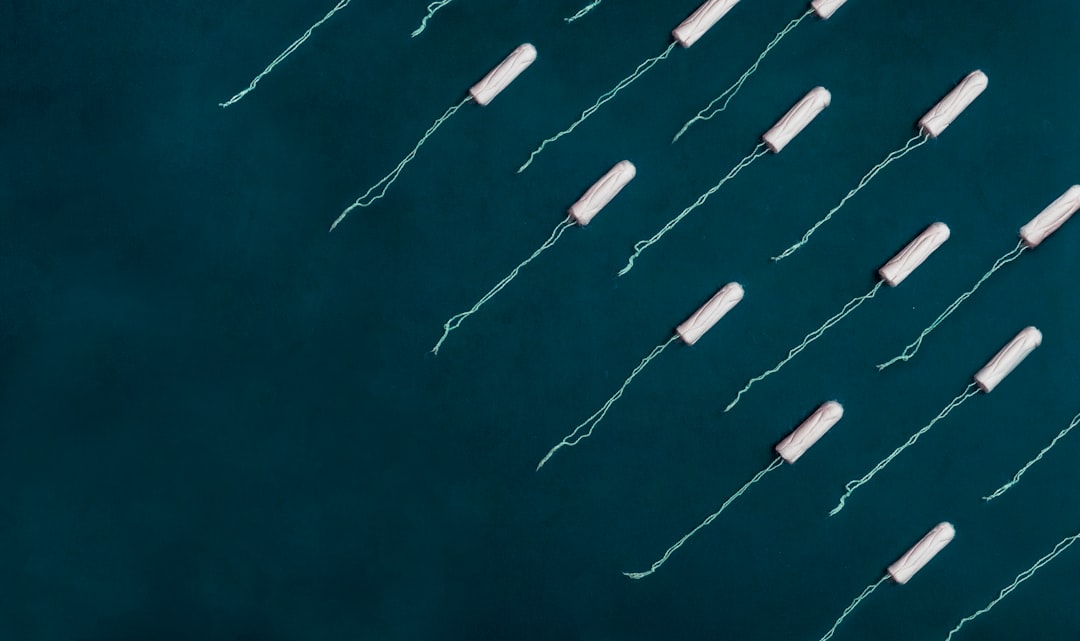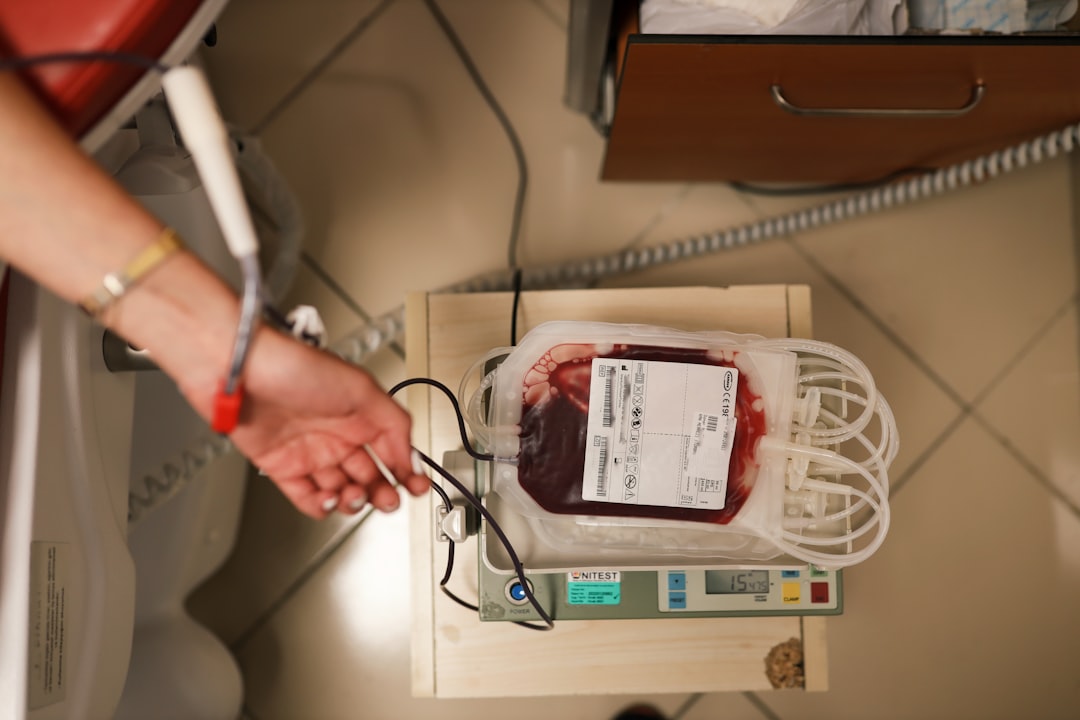What is it about?
Safety and acceptability of Infant circumcision performed by non-physicians in a resource-limited setting.
Featured Image
Why is it important?
Circumcision is part of combination HIV prevention in countries with high HIV burden. But circumcising earlier in infancy has potential advantages over circumcising later in life. Scale up would be more efficient with non-physicians, especially nurse-midwives, who are better distributed in resource-limited settings.
Perspectives
Preventable HIV infections are still a major concern, and circumcision is one of the priority measures in combination HIV prevention for high burden countries. Our findings suggest registered nurse midwives could be a useful untapped resource for early infant circumcision in Uganda and similar settings, which is more sustainable in the long term
Dr Edward Nelson Kankaka
Johns Hopkins University
Read the Original
This page is a summary of: Randomised trial of early infant circumcision performed by clinical officers and registered nurse midwives using the Mogen clamp in Rakai, Uganda, BJU International, September 2016, Wiley,
DOI: 10.1111/bju.13589.
You can read the full text:
Contributors
The following have contributed to this page










